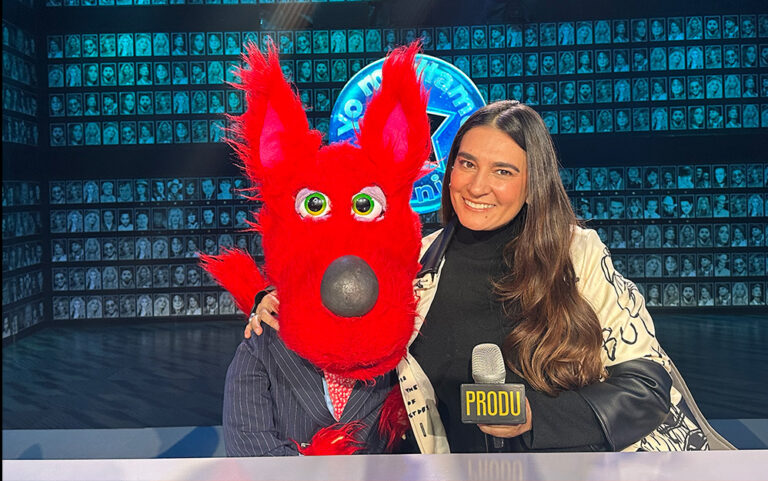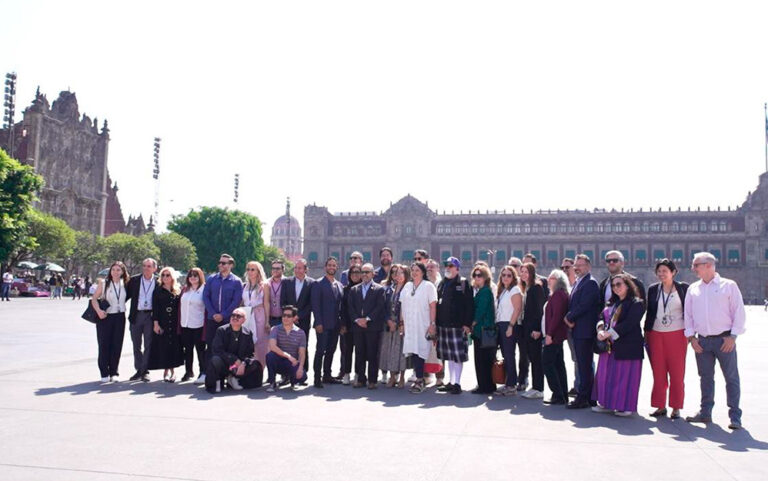U.S. HISPANIC
beIN SPORTS: We have to be consolidated regarding independent channels in order to be able to negotiate
Maribel Ramos-Weiner| 4 de septiembre de 2018

Antonio Briceño
According to Antonio Briceño, deputy general director of beIN SPORTS US and Canada, the current situation that the group is going through –in which Comcast and DIRECTV quit distributing beIN SPORTS and beIN SPORTS en Español- has two aspects: on one hand, these operators do not want to recognize the value of the content these signals bring to the market, and on the other, there is a generalized situation of “brutal” consolidations in the pay-TV market.
“The result of these consolidations has been that big ones become increasingly bigger and small ones like us are having more and more complications,” expressed Briceño.
He added that it is not casual that precisely two of the companies that have consolidated both vertically and horizontally –Comcast and DIRECTV— are the ones that today have left behind beIN´s signals.
“It is important that as an industry we realize that if we don’t begin to consolidate also on the side of independent channels, we are going to suffer more and more the results of these multi-millionaire companies,” he said.
With the exit of beIN from Comcast and DIRECTV grids, their universe of homes –estimated in 42 million— decreases 25%.
“Our mission is to deliver the best sports content and for fans to be able to get it at a reasonable price, the same way they find other sports contents similar to ours,” he mentioned. Since the channels were launched six years ago, the company has struggled to obtain distribution in lower-cost tiers.
He highlighted that in these six years of operations, they have never failed to keep their promise of offering quality content. The channel no longer has the Italian A League, because they decided not to renew it based on the low audience performance and how costly the rights are.
He said that not all is negative, there are some positive signs, such as the fact that Verizon FiOS –who had retired them from their grid- already re-incorporated them. Additionally, their channels are in many other systems such as Spectrum, DISH, FuboTV, Cablevision, and Cox.
Diario de Hoy
|
|||||||||||||||||||||||||||||||||||||||||||||||||||||||||||||||||||||||||||||||
























